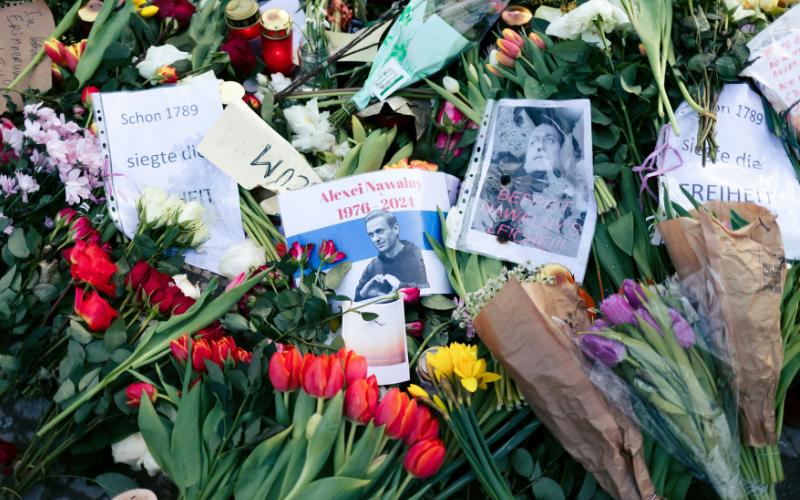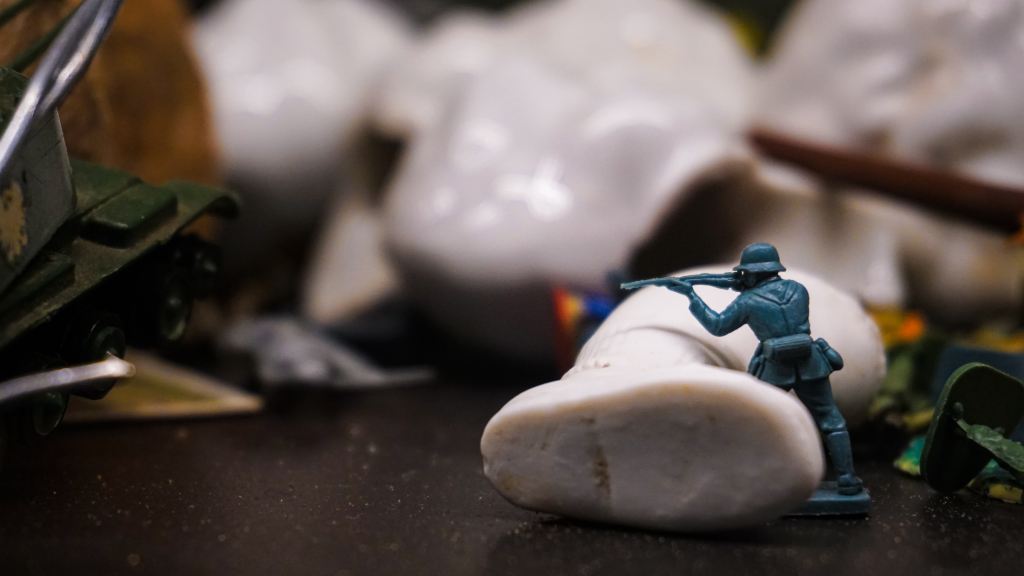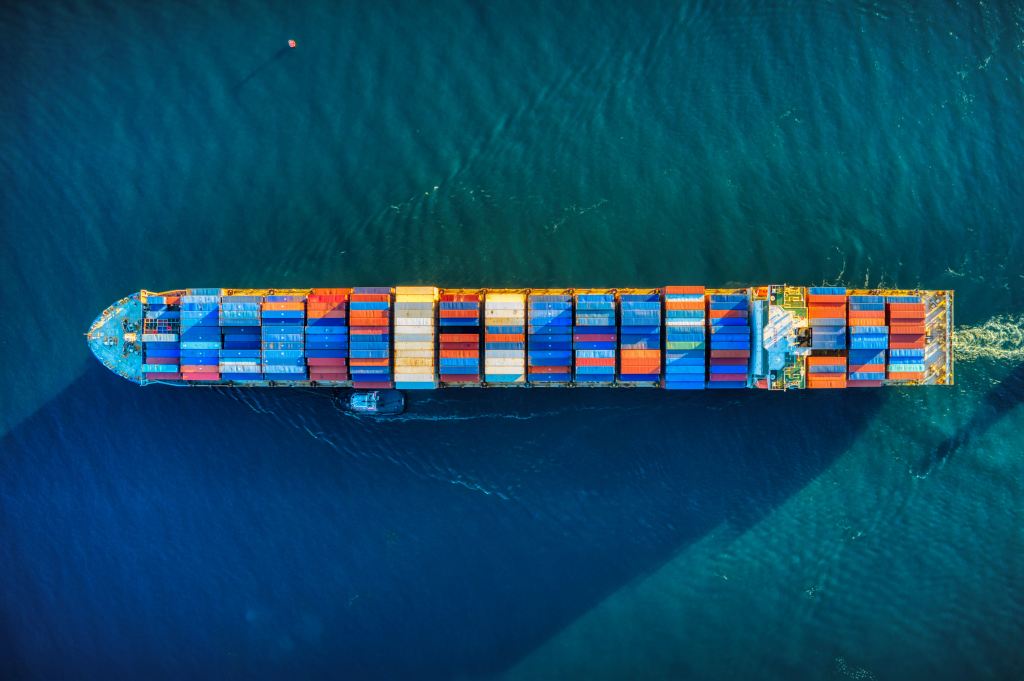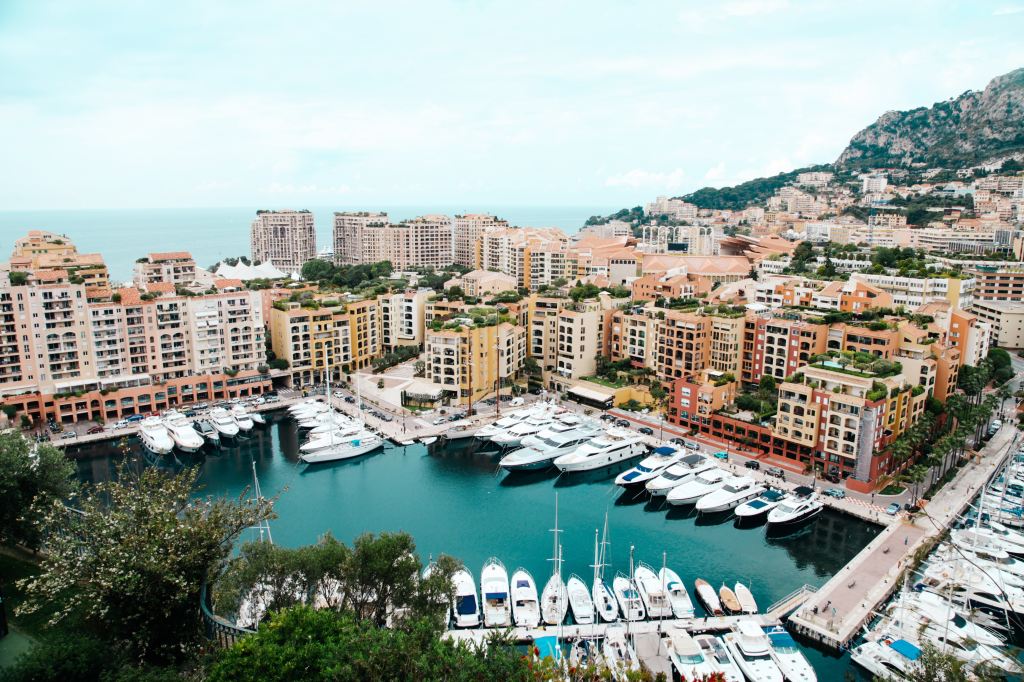Dr Ben Noble and Nikolai Petrov write that, much like his life’s work, Navalny’s death shows the corrupt brutality of Vladimir Putin’s Russia.
Alexei Navalny was the leading opponent of Vladimir Putin inside Russia – even from behind bars and often in solitary confinement.
He made his name while still a free man by unmasking the nature of the regime through corruption exposés, protests, and by trying to be a ‘normal’ politician in a system dominated by one other man.
Navalny’s death provides another, potent demonstration of the system Putin has constructed: a murderous personalist autocracy that continues to spread destruction and misery in its ongoing war on Ukraine.
We may never know the full details leading up to Navalny’s death in the ‘Polar Wolf’ prison colony within the Arctic Circle on 16 February.
Regardless of whether his death was ordered by the Kremlin, Vladimir Putin bears direct responsibility – for attempting to kill Navalny in 2020 with Novichok, for constructing a system violently intolerant of dissent, and for imprisoning somebody who dared present an alternative vision of the country’s future.
Navalny’s Significance
Many have asked whether Putin feared Navalny – an individual whose name the president has yet to mention publicly.
Putin certainly didn’t fear Navalny as a realistic victor in elections, the freedom and fairness of which have been systematically undermined by the Kremlin over many years.
Polling by the independent Levada Center put Navalny’s support in September 2020 at 20 per cent – quite something for a figure villainized by state media as a traitorous agent of the West.
By January 2023, the figure had fallen to 9 per cent – a sign, perhaps, that people had lost hope for an opposition figure firmly behind bars.
Or, alternatively, people feared the consequences of showing their support for an eloquent critic of Putin and his war on Ukraine, even if the opposition figure had in the past alienated many Ukrainians, including with comments on the future of annexed Crimea.
Navalny’s significance was never a simple matter of how broadly he was supported by Russians. The Kremlin has so scorched the political landscape of meaningful, autonomous opposition forces that even a figure with minority support in society was seen as an existential threat.
And the Kremlin likely feared that Navalny’s support might grow – particularly in light of his willingness to shift tactics and his team’s mobilization skills.
When attempting to run as a candidate in the 2018 presidential election, Navalny and his team created a network that spanned across Russia, energizing and uniting activists and supporters. This showed that Navalny’s impact was always about more than the man himself.
Although the authorities refused on multiple occasions to register Navalny’s ‘Russia of the Future’ political party, this regional network functioned as a de facto party.
This allowed Navalny and his team to break out of the big city bubble and reach across different socio-economic groups. That spooked the Kremlin – and explains the complete destruction of Navalny’s organizations in 2021, as well as his imprisonment.
That Navalny was able to remain Putin’s nemesis while behind bars speaks to his unique combination of qualities – charismatic, defiant, optimistic.
While his relentless optimism was a source of strength for some, it was the object of criticism for others. This latter group saw him as pig-headed or hopelessly naive in an increasingly authoritarian Russia.
And that is one reason why Navalny’s legacy will be mixed.
For some, he will represent the possibility of another Russia, forcefully cut off by the Kremlin. For others, he will represent another dictator in waiting – somebody promising to overthrow Putin, only to impose his own vision on others rather than construct a truly democratic system.
Navalny was a complex figure. But that should not distract from condemning the system that killed him.
Many of those who disagreed with him for past nationalist and racist statements came out to voice their anger when he was detained after returning to Russia in January 2021.
These acts of solidarity showed that it is possible to separate feelings about the man from feelings about the state’s treatment of him.
The future
47-year-old Navalny spoke of the ‘beautiful Russia of the future’ – language contrasting with the darkness of the authorities’ crackdown on dissenting voices, especially following the full-scale invasion of Ukraine. It was also language in stark opposition to 71-year-old Vladimir Putin’s obsession with the past.
When asked what message he would give to the Russian people if he were to be killed, Navalny’s answer was simple: ‘don’t give up.’
Navalny’s team, based in Vilnius, have said they will continue their work. But how successful they will be without their leader remains to be seen.
Russia’s factionalized opposition has come together with statements of sorrow and anger. But whether Navalny’s death is enough to provide a long-term source of unity is doubtful.
If the killing of another leading Russian opposition figure, Boris Nemtsov, is anything to go by, then we should not expect a long-lasting change.
The Russia in which Navalny made himself is gone. He proved adept at using the greater media and political freedoms in the 2000s and 2010s to build his brand, a team and a movement.
Today’s Russia, by contrast, has dramatically less – if any – space for independent figures to emerge and criticize the system.
That means that there is no obvious figure to take up the role that Navalny crafted for himself – of Vladimir Putin’s main opponent. There will be no Navalny 2.0 – in the short-term, at least.
But Russians need not wait for one individual to take up his role.
One of Navalny’s hallmark traits was to inspire change in others – to make people believe that what they had considered impossible was, in fact, possible.
We will never know the politician Navalny could have become in a post-Putin Russia. But his impact could last by people daring to imagine a better future in a system fixated on the past.
Dr Ben Noble is an associate professor of Russian politics at University College London (UCL SSEES) and associate fellow of Chatham House.
Nikolai Petrov is a consulting fellow on the Russia and Eurasia Programme at Chatham House in London and professor in the political science department at the Higher School of Economics in Moscow.
This article was first published by Chatham House.
Featured image by Nikita Pishchugin on Unsplash
Note: The views expressed in this post are those of the author, and not of the UCL European Institute, nor of UCL.





Leave a comment